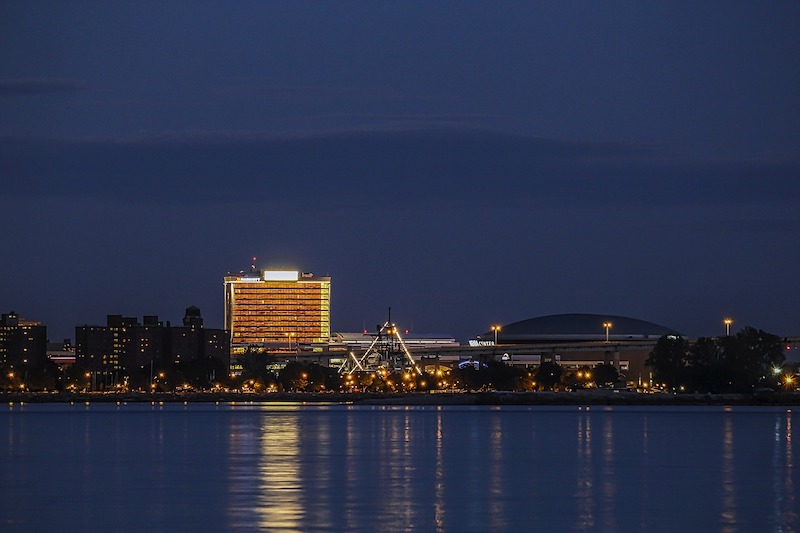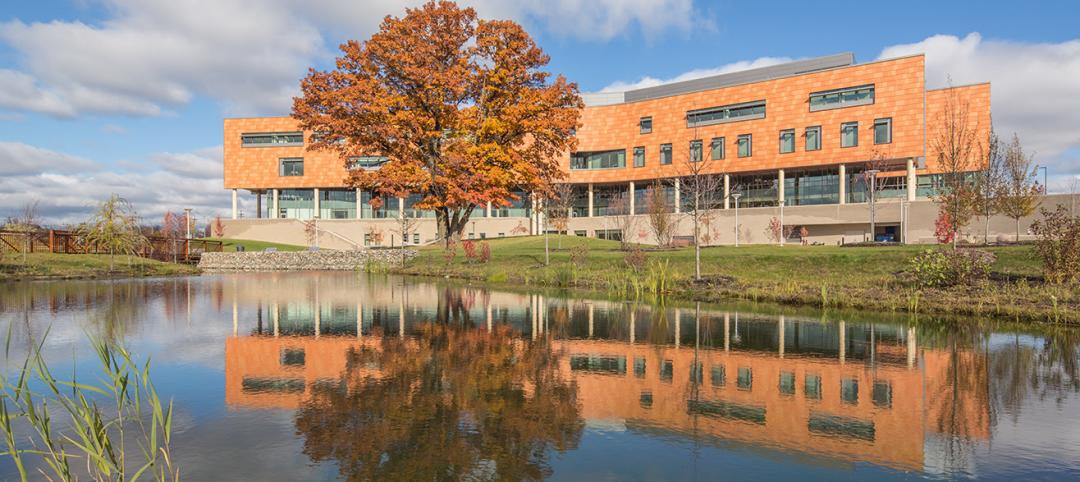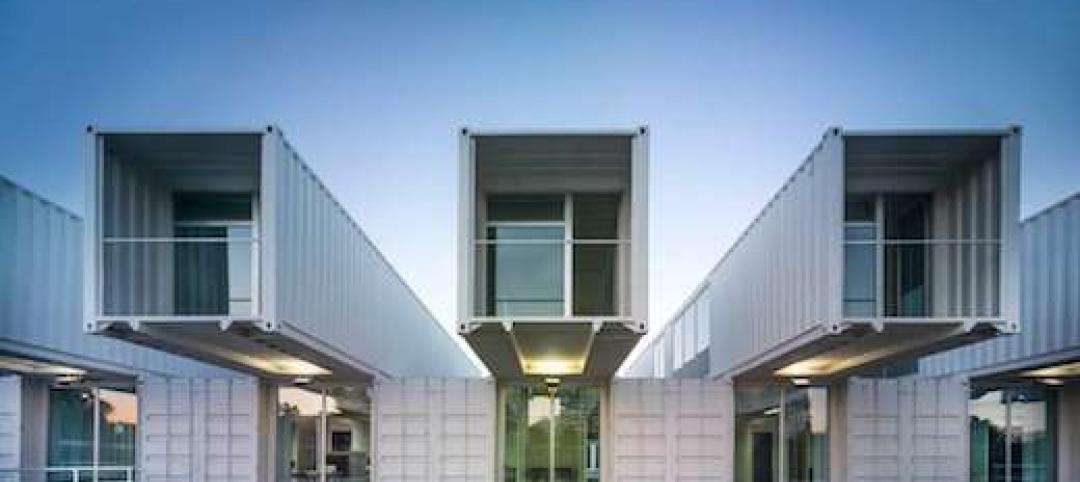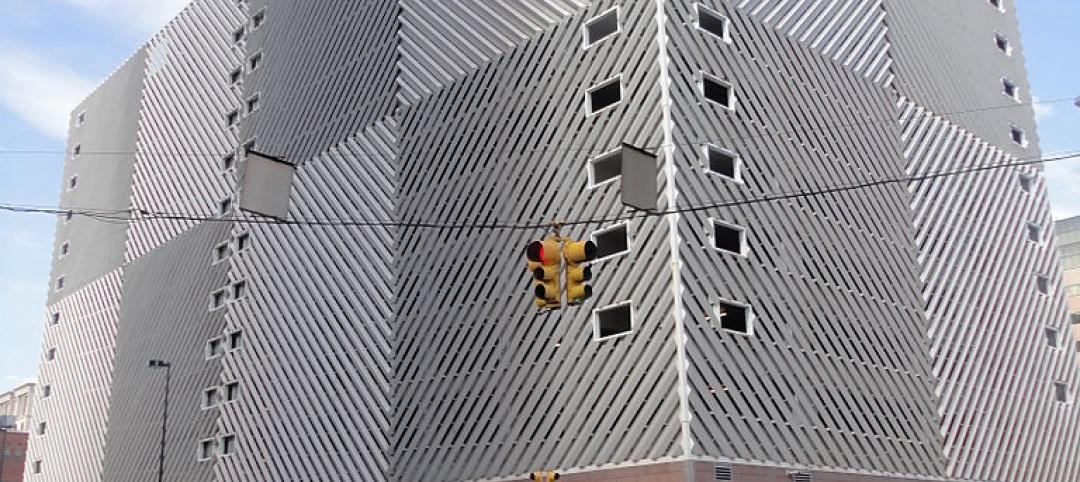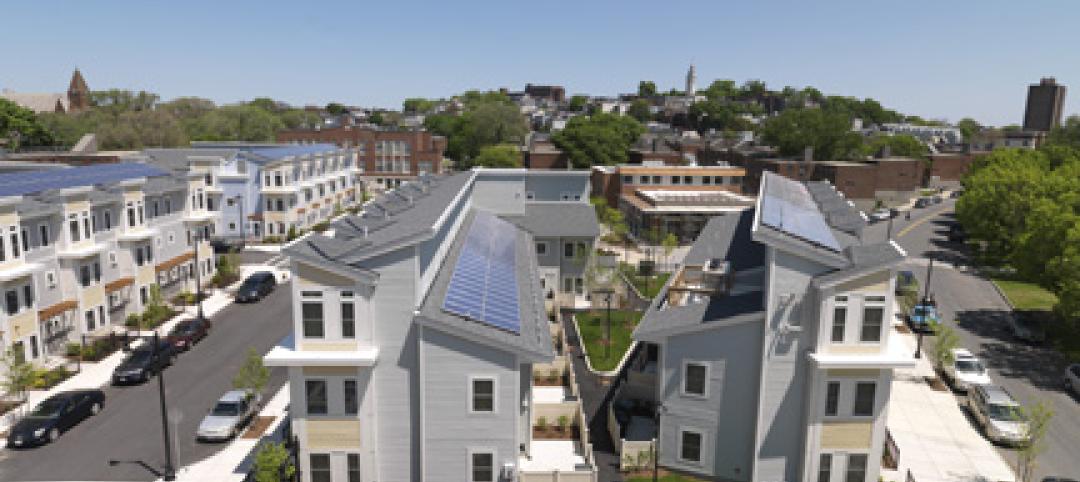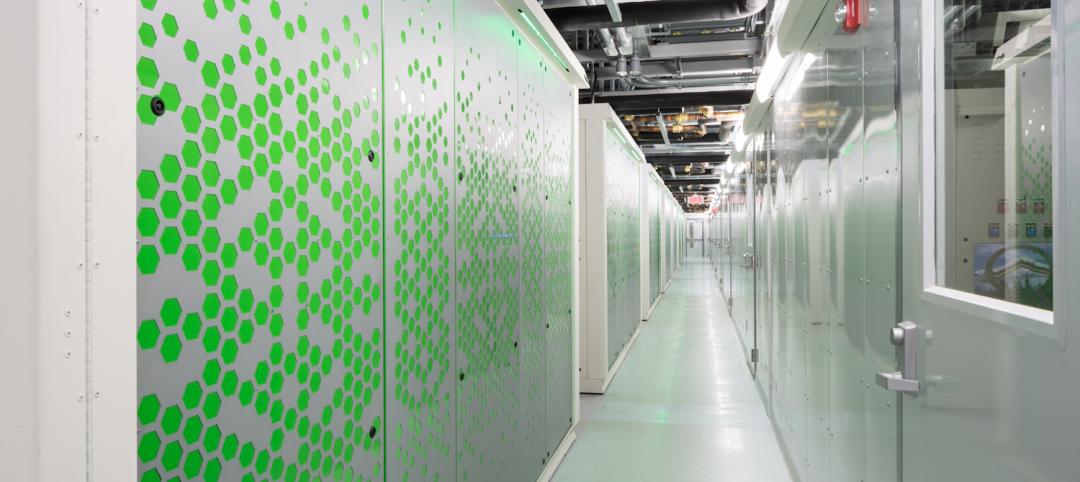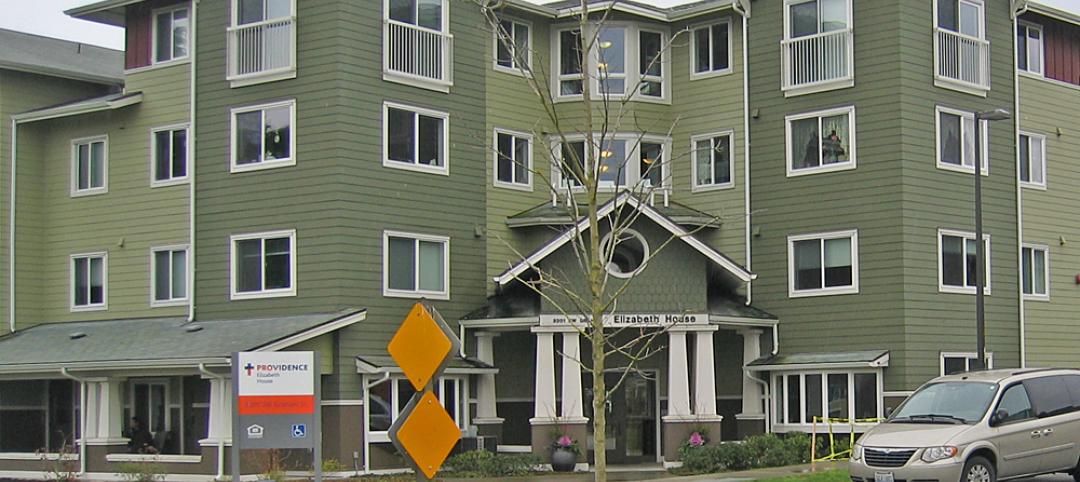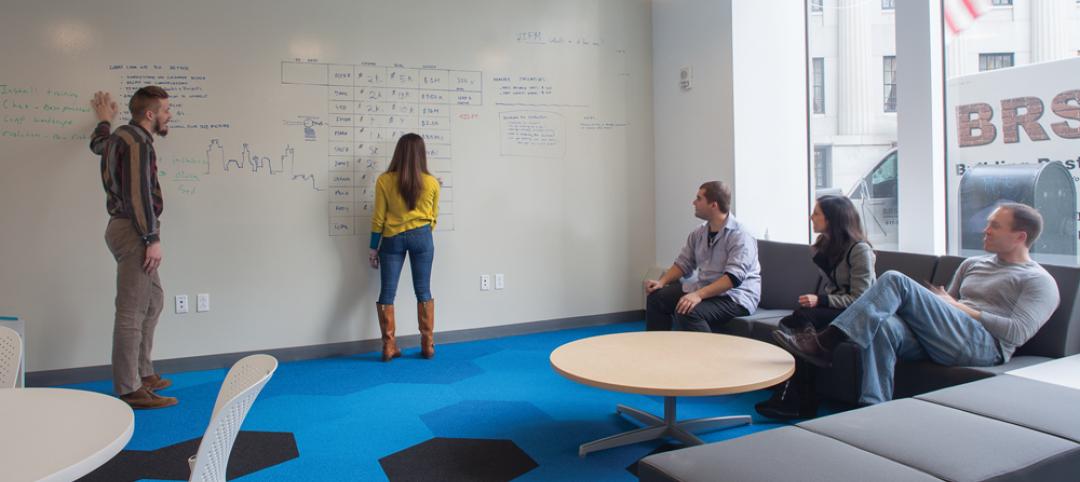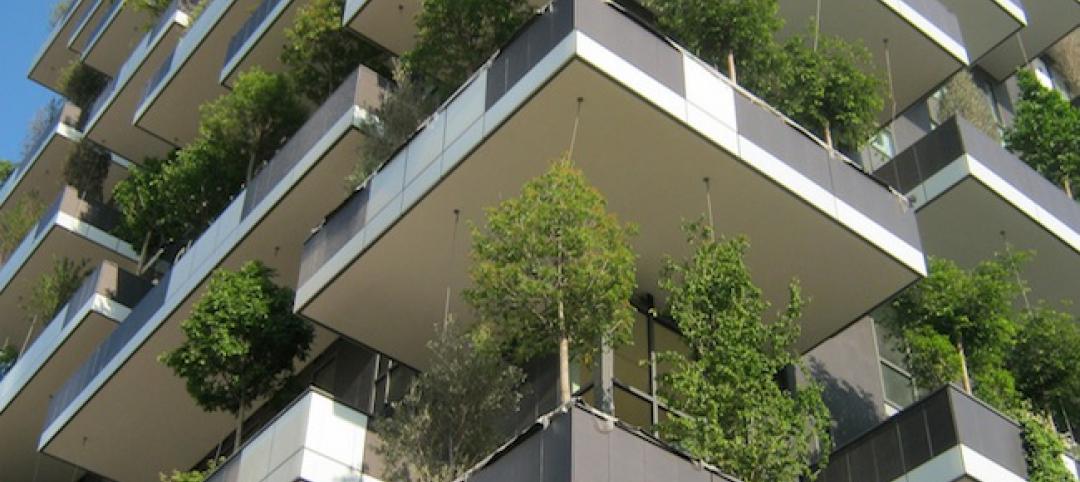Mayor Byron W. Brown announced during his 14th State of the City address that Buffalo will launch the largest Environmental Impact Bond (EIB) in the country at $30 million. The funds from this investment will allow the City of Buffalo and Buffalo Sewer Authority to capitalize on the Rain Check Buffalo program.
EIBs offer a novel approach to pay for high-impact projects based in part on the environmental, social, and/ or economic outcomes they generate. In this way, EIBs can help hedge the performance uncertainty that some developers new to green infrastructure may have, and capitalize on the multiple benefits of innovative projects like green infrastructure.
Buffalo will become the first city where an EIB is used to capitalize on a green infrastructure incentive program, in the form of the Rain Check 2.0 Grant Program, which targets the deployment of green infrastructure on private properties with large amounts of impervious surfaces. These private properties form a key component of the Buffalo Sewer Authority’s goal of using green infrastructure to manage over 500 acres of impervious surface area to help eliminate the effects of combined sewer overflows (CSOs) on Buffalo’s waterways. However, unlike projects on public property, incentives are required for private property owners to agree to install and maintain green.
“The City of Buffalo, will become the first in the nation to use an EIB to provide property owners the ability to fund green infrastructure projects and help to make our community more resilient to the impacts of climate change” said Mayor Byron W. Brown. “My administration does not view individual projects as activities in isolation, and instead views them as part of a network that functions as a system-wide improvement to our city’s water system.”
The City of Buffalo and the Buffalo Sewer Authority were selected as the winner of the Great Lakes Environmental Impact Bond Challenge through the P3GreatLakes Initiative by Quantified Ventures and Environmental Consulting & Technology, Inc. (ECT). Along with the support of the Ralph C. Wilson, Jr. Foundation and the Community Foundation of Greater Buffalo, the City of Buffalo has created a public- private, and philanthropic partnership to tackle our stormwater challenge, ensure that our city’s waterways, are protected, and guarantee a more resilient Buffalo.
In its work in Buffalo, Quantified Ventures will build on its previous successes structuring green infrastructure EIBs in cities like Washington, DC, which was also based around CSO issues and the cost-effectiveness of green vs. grey infrastructure to address them, and Atlanta, which was based around the local impacts of green infrastructure in mitigating flooding and providing access to greenspace and workforce development opportunities in underserved neighborhoods.
“Cities face massive stormwater challenges as they respond to a changing climate. Nature-based solutions reduce urban flooding risk and CSOs, and the EIB reduces Buffalo’s financial risk,” said Eric Letsinger, CEO, Quantified Ventures. “It’s a winning combination!"
Like DC and Atlanta, Buffalo will also seek to incorporate economic and community goals as part of the Rain Check 2.0 program, and the EIB used to capitalize it. “We want to see the city transformed at the end of this process, in terms of stormwater management, equity, and innovation,” said Oluwole McFoy, General Manager of the Buffalo Sewer Authority. “Our Rain Check 2.0 Opportunity Report along with this EIB allows us to invest in our neighborhoods, increase green jobs and economic prosperity for our residents while directly addressing climate change.”
“Our foundation is excited to support the implementation of the City of Buffalo’s Rain Check 2.0 program,” said Jim Boyle, Vice President of Programs and Communications for the Ralph C. Wilson Jr. Foundation. “These types of projects provide sustainable solutions that can reduce flooding, improve water quality and have a wide range of economic, environmental and public health benefits. Proactively incorporating these types of solutions in new developments, as well as the Ralph C. Wilson Jr. Centennial Park, highlight the City of Buffalo’s strategic approach to address some of the effects of climate change.”
“We deeply appreciate our project sponsors, namely the Ralph C. Wilson, Jr. Foundation, Community Foundation for Greater Buffalo, and of course, the Great Lakes Protection Fund, for their support. Their contribution will enable more than a hundred-fold investment in climate-resilient infrastructure in the region,” says Sanjiv Sinha, PhD., Water Resources National Director, Senior Vice President at ECT. “Buffalo joins a growing number of cities leveraging the EIB as a means to gain access to an emerging field of impact investors who seek not only financial returns, but also measurable environmental impact.”
Related Stories
| Jun 16, 2014
6 U.S. cities at the forefront of innovation districts
A new Brookings Institution study records the emergence of “competitive places that are also cool spaces.”
| Jun 12, 2014
SmithGroup finishes 100th LEED-certified project
With the construction of the LEED-NC Platinum Oakland University Human Health Building, constructed in Rochester, Michigan, SmithGroupJJR recently achieved its 100th LEED certified project.
| Jun 6, 2014
Shipping container ship terminal completed in Spain
In Seville, Spain, architectural firms Hombre de Piedra and Buró4 have designed and completed a cruise ship terminal out of used shipping containers.
| Jun 2, 2014
Parking structures group launches LEED-type program for parking garages
The Green Parking Council, an affiliate of the International Parking Institute, has launched the Green Garage Certification program, the parking industry equivalent of LEED certification.
| May 27, 2014
America's oldest federal public housing development gets a facelift
First opened in 1940, South Boston's Old Colony housing project had become a symbol of poor housing conditions. Now the revamped neighborhood serves as a national model for sustainable, affordable multifamily design.
| May 22, 2014
Facebook, Telus push the limits of energy efficiency with new data centers
Building Teams are employing a range of creative solutions—from evaporative cooling to novel hot/cold-aisle configurations to heat recovery schemes—in an effort to slash energy and water demand.
| May 22, 2014
Big Data meets data centers – What the coming DCIM boom means to owners and Building Teams
The demand for sophisticated facility monitoring solutions has spurred a new market segment—data center infrastructure management (DCIM)—that is likely to impact the way data center projects are planned, designed, built, and operated.
| May 16, 2014
BoA, USGBC to offer $25,000 grants for green affordable housing projects
The Affordable Green Neighborhoods Grant Program will offer 14 grants to developers of affordable housing in North America who are committed to building sustainable communities through the LEED for Neighborhood Development program.
| May 15, 2014
Paints, coatings, and sealants: 10 new ways to seal the deal
Color-shifting finishes, dry-erase surfaces, and stain-blocking paints are highlighted in this round up of new offerings in paints, coatings, sealants, and finishes.
| May 14, 2014
Must see: Vertical forest goes up in the heart of Milan
Some 900 trees, 5,000 shrubs, and 11,000 floral plants have been planted on the terraces of Bosco Verticale, a new high-rise residential development in Milan.


